Shares in North Sea firm Serica Energy fell sharply today after chairman and chief executive David Latin fired a salvo of warning shots to politicians over their views on oil and gas.
The current trading climate is the worst he’s seen, apart from a spell where he was responsible for assets in a war zone, in a career in the industry spanning more than 30 years.
Serica’s stock is down nearly 13% at 132.8p following the firm’s latest operations and financial update.
‘Fundamental misconceptions’
Addressing investors at the company’s annual general meeting in London, Mr Latin said he remained optimistic about Serica’s future.
But he also took aim at “fundamental misconceptions” in the political debate over energy policy ahead of next week’s general-election.
Mr Latin said: “I have to say more about the macro issues facing UK North Sea producers.
“I have been involved in this industry for more than 30 years and have worked all over the world.
“Other than when I was responsible for a company which had significant assets in a war zone, I have never encountered a situation which was so challenging when it comes to making investment decisions, and planning for the future more generally, as it is in the UK at present.
“Reliable, sustainable, and affordable energy is the lifeblood of our modern society.
“Notwithstanding the critical importance of the energy transition, which Serica wholeheartedly supports, the fact is that oil and gas accounts for 74% of UK primary energy consumption today and will remain a vital and significant contributor to the power, transportation and goods on which each person in the UK relies every day and will do for decades to come, even in the most ambitious net-zero scenarios.”
Without continued investment in our homegrown oil and gas sector, the gap between UK production and consumption will only widen, to be filled inevitably by imports.”
The UK consumes nearly twice as much oil and gas as it produces, he said, adding: “This deficit will persist even as the country seeks to reduce its consumption of hydrocarbons.
“Consequently, every barrel of oil and molecule of gas used but not produced in the UK is imported. Without continued investment in our homegrown oil and gas sector, the gap between UK production and consumption will only widen, to be filled inevitably by imports.
“These imports worsen our national balance of payments, only deliver jobs and taxes to foreign countries and, typically, have higher production and transportation carbon emissions by the time they get to our shores.”
Tax rate on North Sea firms still high despite lower oil and gas prices
Serica’s boss continued: “We hear much reference in the UK political debate to terms such as ‘proper windfall tax’, ‘oil and gas giants’ and ‘closing loopholes’. These phrases reflect fundamental misconceptions.
“UK oil and gas producers already pay tax at an overall rate of 75%, three times the tax rate for UK companies operating in other sectors. This is despite the period of so-called ‘windfall’ conditions for UK producers having long passed, with oil and gas prices having returned to historically normal levels.
“Yet in the current general-election, no reduction to match the circumstances is proposed by the Conservative Party and yet another increase in the tax rate to 78% is proposed by the Labour Party.”
He went on: “As to the claim that the tax is being paid by the ‘oil and gas giants’, it is in fact independent companies like Serica who are most affected.
The ‘majors’ account for only around a third of UK production. The vast majority of their profits are made overseas and are not touched by increasing tax rates on UK production.”
Companies such as Serica which continued to invest in assets during periods of lower commodity prices before the invasion of Ukraine are now being punished for it, he said.
Reducing tax relief for capital expenditure below the rate at which tax is payable would make investment in the vast majority of UK North Sea projects unprofitable.”
He added: “Closing ‘loopholes’ in UK oil and gas tax seems to mean different things to different people.
“Whatever is meant, I wish to be crystal clear that reducing tax relief for capital expenditure below the rate at which tax is payable would make investment in the vast majority of UK North Sea projects unprofitable – meaning these projects and the jobs and tax revenues they would generate simply will not happen.
“Oil and gas continue to flow only when the mains supply of investment stays open.
“Even existing oil and gas fields decline and need continuous investment to maintain production.
“Without investment, fields will start to shut-in and there will be a domino effect in the interconnected and interdependent UK North Sea infrastructure.
“Significantly reducing tax relief for capital expenditure will rapidly and terminally accelerate the decline in UK oil and gas production.”
Hydrocarbons ‘not intrinsically evil’
Oil and gas consumption in the UK will be reduced “not one iota”, he warned, adding: “UK jobs will be lost, imports increased, overall emissions raised, tax receipts for the Exchequer actually reduced, and the country’s security weakened.”
And in a message to those who want the oil and gas industry shut down overnight, he said: “Hydrocarbons are not intrinsically evil. Welcome alternatives are being developed but we – not least in the UK – will continue to depend on hydrocarbons for decades to come.
“Surely it is better to produce these responsibly under world leading regulatory oversight in this country, with all the attendant benefits in jobs and tax revenues, than to import hydrocarbons which often arrive with a higher environmental and social cost.
“So, I ask the next UK Government to pursue policies which recognise the long-term importance and value of homegrown oil and gas production as a source of essential energy, jobs and government revenues.
“Specifically, this requires, firstly, a tax system which is predictable, stable and equitable in terms of sharing profits between private capital and the public Exchequer.
“Secondly, we need a coherent regulatory system that properly reflects that climate change is a global issue and not a parochial one.”
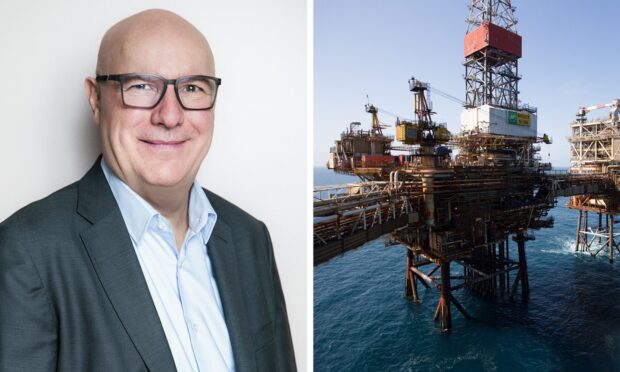
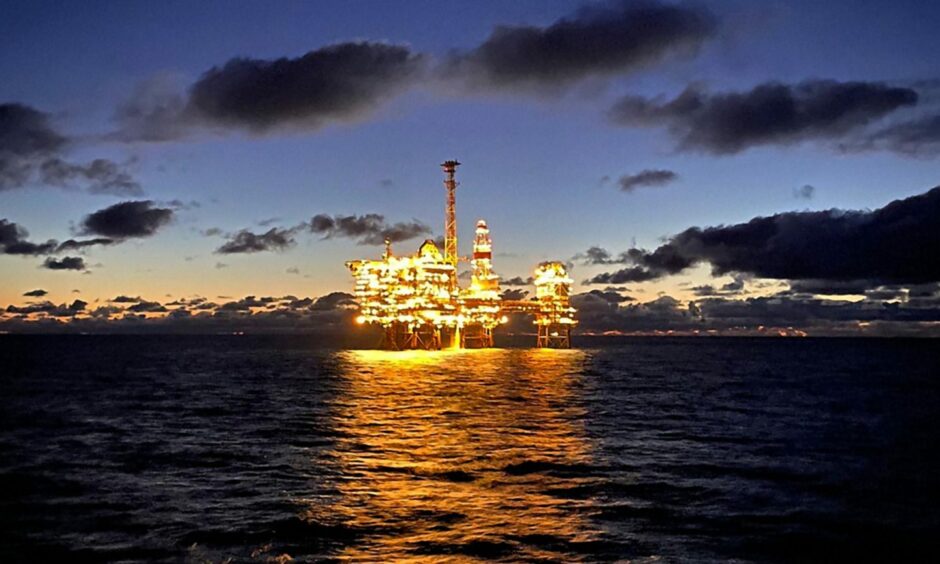
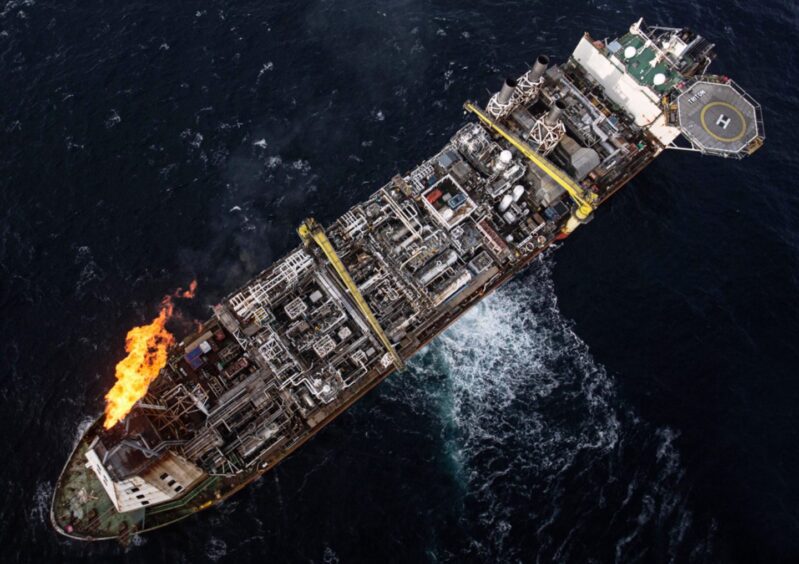
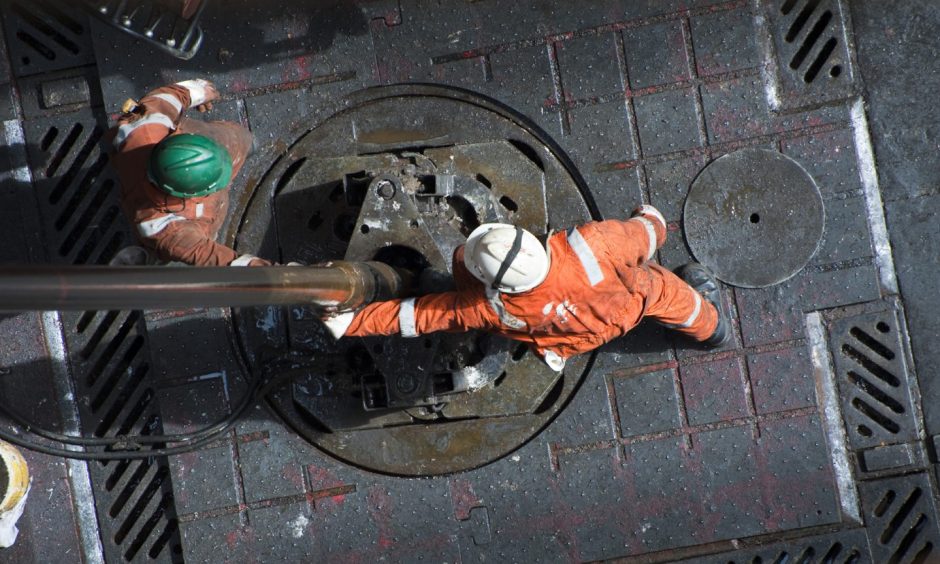
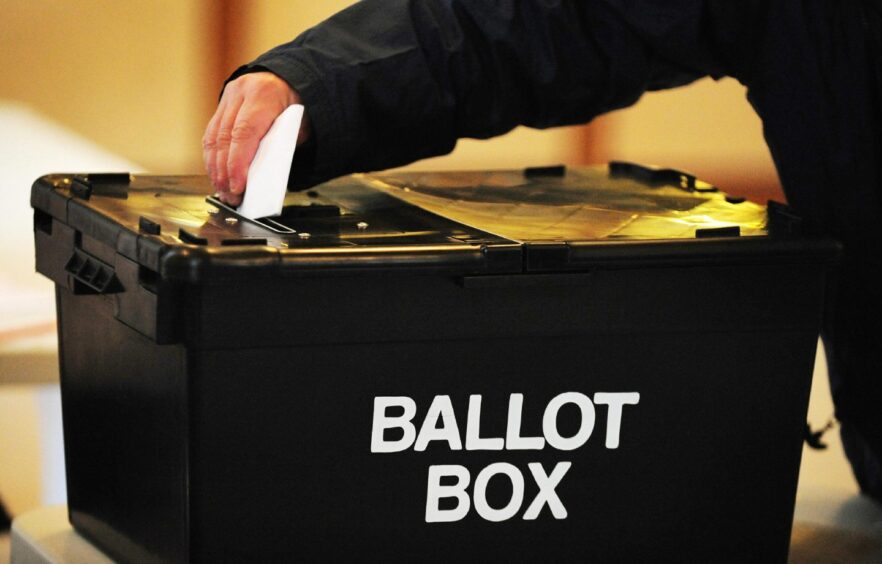
Conversation